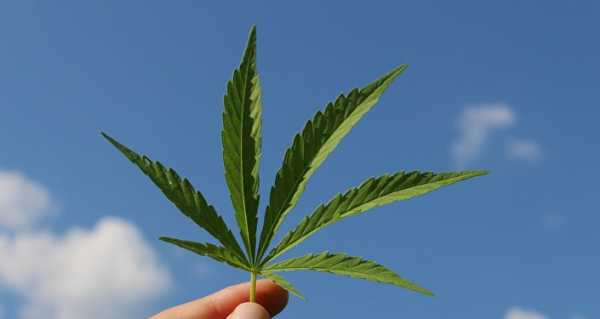
Ancient Hindu scriptures list cannabis as one of five sacred plants, which Hinduism associates as a holy offering to Lord Shiva. The plant, banned for recreational use, has recently been the subject of controversy, after the tragic death of Bollywood’s Sushant Singh Rajput and the vilification of his live-in partner Rhea Chakraborty.
The arrest of 28-year old Bollywood actress Rhea Chakraborty by India’s Narcotics Control Bureau (NCB) over her purchase of a mere 59 grams of cannabis has ignited a high-decibel campaign by millennials to legalise marijuana in the nation. Rhea, currently in Mumbai’s Byculla Jail, is being investigated for purchasing and sharing her marijuana with her late boyfriend, whose alleged suicide has been linked with depression.
India banned the use of marijuana for recreational purposes in 1985, thanks to the country’s sixth prime minister, Rajiv Gandhi, for all purposes except medical research. The ban is thought to have been imposed under the influence of American lawmakers who accuse India of allowing the practice of “smoking up” cannabis, or consuming its solid version, “bhang”, a part of its lifestyle for millennia.
While tens of thousands of Indian youth anonymously sign petitions to legalize marijuana, particularly after the Sushant-Rhea row, several openly speak of the shift on social networking platforms.
Sputnik got in touch with the administrator of a pro-marijuana Instagram page with over 8,000 followers to better understand the sentiments people have toward the herb.
Spekaing on the current status of cheap local peddling of spiked ganja, the admin revealed that substances like rat poison and cheap opiates are being artificially added to cannabis.
According to researchers, cannabis is one the safest substances known to humanity due, in part, to the molecular structure of approximately over 200 compounds, called cannabinoids, present in its plant. Both human beings and cannabis produce these compounds which, in essence, indicates that biochemically similar compounds are present in both human beings and the cannabis plant.
Sputnik reached out to a marijuana researcher and, on the condition of anonymity, he explained that millennials – who make up India’s majority population, have “done all their research” and have come to the “rational conclusion” that cannabis is safer to use habitually than tobacco and alcohol.
Psychologists are skeptical over whether marijuana should be legalized in India.
Avinash De Sousa, a Mumbai-based psychotherapist, told Sputnik that legalizing cannabis must be considered before further action is taken, as, in his opinion, even if there is a small risk of dependency, any substance could affect the mental health of consumers.
Currently, India only allows growing the plant for medicinal or research purposes in government-authorised premises, despite which, its national and financial capitals – Delhi and Mumbai, have secured top spots in cannabis consumption globally.
In 2018, a report published by German research firm ABCD noted that Delhi and Mumbai consumed 38.2 tonnes and 32.4 tonnes of marijuana respectively that year. As per a 2019 survey by the Ministry of Social Justice titled “Empowerment Magnitude of Substance Use in India 2019”, 2.83 percent Indians were current users of cannabis products.
Religious pilgrims and “sadhu babas” in India are known to smoke up in honor of Lord Shiva.
A US-based market research firm, Grand View Research, recently reported that the global legal marijuana market is growing quickly, and is estimated to reach some $146.4 billion by the end of 2025.
Sourse: sputniknews.com
0.00 (0%) 0 votes


































